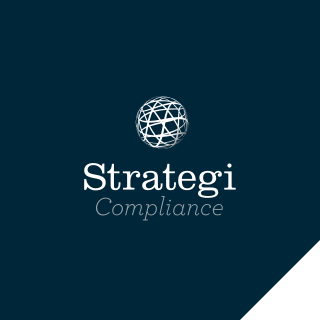While the risk of terrorism financing might be deemed lower compared to money laundering, it remains imperative for reporting entities to diligently identify and manage terrorism financing risks within their operations and reflect these in their AML/CFT programme.
The Financial Markets Authority (FMA) provide valuable information in their AML/CFT programme guideline, aimed at assisting reporting entities in creating effective and comprehensive AML/CFT programmes. The guideline includes several key points that underscore the significance of integrating countering the financing of terrorism (CFT) considerations into AML/CFT programmes:
1. Proportionality and risk management (Guideline Part 1: Section 14)
An AML/CFT programme should be tailored to the specific risks faced by a business. This principle underlines the importance of understanding and managing the vulnerabilities and risks that a reporting entity encounters in its day-to-day operations. While terrorism financing risks might be perceived as lower, failing to address them adequately could have significant consequences. Therefore, even within the context of a risk assessment, CFT must be considered proportionately.
2. Terrorism financing risk (Guideline Part 1: Section 22)
The guideline acknowledges that the assessed risk of terrorism financing within New Zealand is relatively low. However, it stresses the need for reporting entities to address vulnerabilities and risks specifically related to the global issue of terrorism financing.
3. Identifying terrorism financing risks
The initial step in effectively addressing terrorism financing risks is to be well-informed about the current sector-specific threats posed by such activities. The Department of Internal Affairs’ (DIA) website provides up-to-date information regarding sector risks, offering links to specific risk documents tailored to different business natures. By regularly accessing these resources, reporting entities can stay current with the latest information and insights related to terrorism financing risks.
4. Ensuring inclusion in AML/CFT programmes
While the risk of terrorism financing might be perceived as low, it’s crucial to ensure that your AML/CFT programme is updated to reflect the latest risk assessment. This requirement serves as a reminder that terrorism financing risks, no matter how low, should not be overlooked. Inclusion in the programme, alongside money laundering considerations, showcases equal thoughtfulness to both dimensions.
5. Equipping staff to understand terrorism financing risks
One practical step reporting entities must take is to ensure their staff understand the intricacies of terrorism financing risks. This effort should be comparable to staff training for identifying money laundering risks. Since the techniques employed to counter terrorism financing are often similar to those used for money laundering, staff education can be streamlined.
Reporting entities must remain proactive in understanding, addressing, and mitigating terrorism financing risks, even if they are currently deemed low. Incorporating CFT considerations into AML/CFT programmes ensures a holistic approach to risk management and regulatory compliance, safeguarding the integrity of the financial system and contributing to global efforts to combat illicit financing activities.
If you need help understanding the intricacies of terrorism financing and how it applies to your business, we highly recommend Strategi’s sector-specific webinar training, or give our team a call directly to find out how we can help.


